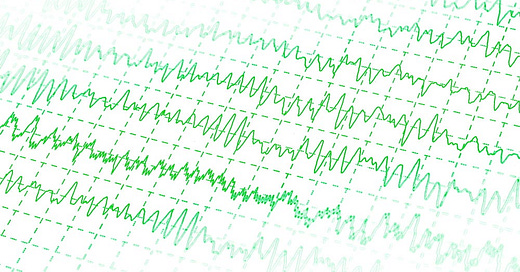From the Archives:
Everyone is interested in learning things and gaining new skills quicker and better. And recent research from the National Institute of Neurological Disorders and Stroke has shown us that this can be made easier than we may have thought.
We have known for a long time that rest, in particular sleep, is critical for learning new skills. In this case this is because connections between neurons, brain cells, have been shown to grow mostly during sleep, deep sleep particularly. So getting a good night’s sleep improves and consolidates learning whether that be cognitive skills or coordinative skills such as playing the piano or tennis. So far so good.
“Our results support the idea that wakeful rest plays just as important a role as practice in learning a new skill. It appears to be the period when our brains compress and consolidate memories of what we just practiced,”
What this latest research does though, is measure short breaks, and very short breaks at that. This is particularly interesting. What is even more fascinating is the way the researchers managed to measure this. Namely by measuring brain waves of participants and matching this to their behaviour and then watching what the brain did during the breaks (yup, pretty cool).
What did it do? The brain replayed the task. The task in this study was a simple motor task of typing five numbers in sequence as many times as possible within 10 seconds. They noticed that performance increased for the first 10–11 trials then levelled off.
The brain replays activity during breaks
But the most fascinating aspect is that the measurements showed that the brain replayed the activity during the breaks up to 2–3 times faster than when performing the task (or than later after a longer rest)! And even more interestingly those participants brains’ who replayed it faster improved the most.
A side note, for those brain experts amongst you, is the of the involvement of the hippocampus and entorhinal cortex which are thought not to play a role in procedural learning (but in navigation).
So, short breaks in procedural learning, helps learning. Important to note is that you also reach a point of diminishing returns quite quickly — in this case after about 10 repetitions.
So, repeat skills in short bursts, with short breaks, for a short period of time. This will apply to skills such as typing, but also more complex tasks, and also presumably to cognitive attention tasks also.
That’s me done now, time for a quick break!




